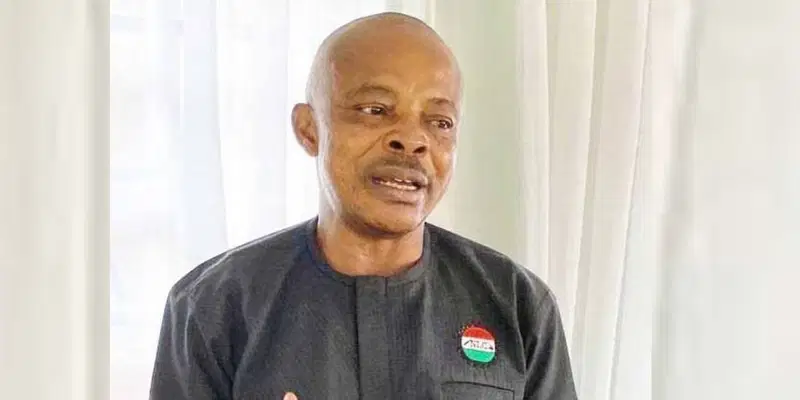
By Editor
Telecom operators in the country have warned the Nigerian Labour Congress, NLC not to drive the last nail in the coffin of an already ailing telecom sector with it’s planned nationwide protest on February 4, 2025.
The telcos through their Chief Executive Officers and the Chairman of the umbrella body, the Association of Licensed Telecom Operators in Nigeria, ALTON, Engr Gbenga Adebayo regretted that the NLC’s planned protest could worsen the problems of a sector already in a coma.
At a town hall meeting in Victoria Island, on Saturday evening, Adebayo said he had no doubt that the Labour union would not want to be addressed as the undertaker of a dead sector, hoping that it would listen to the voice of reason and suspend the protest.
He said: “The coming week will be crucial, but I trust that ongoing discussions at various levels will prevent an outcome we do not expect or desire.
While I cannot say everything, I am aware that efforts are being made to ensure stability. That said, I sincerely hope no group will push the telecom sector to collapse. “I hope Labour does not become the undertaker of the industry. If that happens, the consequences are clear; we will start heading downward. And once we do, recovery may become impossible.
“We initially made our request to the government based on thorough studies and reports. In fact, the data suggests our sector requires far more than the 100% increase we originally requested. Despite this, we still accepted Federal governments 50%, hoping that in due time, following market demand, more would be approved.
“Let me illustrate this with a simple analogy: Remember COVID-19? When patients needed oxygen, they were given full tanks to survive. Now, imagine the telecom sector as a patient requiring 100 liters of oxygen. The government initially suggested 50 liters—just enough to sustain life and reassess later. But now, there is talk of reducing it further to just 10 liters. If a person who needs 100 liters is only given 10, we all know the inevitable outcome.
“The proposed 50 liters is already a lifeline, allowing us to survive, recover, and contribute to employment and economic growth. “Anything lower would be catastrophic—like a critically ill patient being denied the oxygen necessary to live beyond the next day.
“Discussions like these take different shapes, but we must remember: 30 years ago, we were in a similar situation, and we cannot afford to go back. The priority must be survival—for the sector and the broader economy”.
Adebayo, urged the NLC and all other stakeholders to come together and ensure that the sector doesn’t end up in a position where survival is no longer an option.
Recall that on Friday, the Private Telecommunications & Communications Senior Staff Association of Nigeria (PTECSSAN) had publicly distanced itself from the NLC protest saying that the hike is necessary to prevent the industry’s collapse.
In a letter addressed to the NLC, signed by Okonu Abdullahi, General Secretary of PTECSSAN, the group stated emphatically that the Congress had acted “in error” without consulting them.
“It is our firm belief that the Congress Leadership has acted in error in taking these decisions without prior consultation with our Union that operates in the sector,” the letter stated.
PTECSSAN emphasized the dire financial straits facing telecom operators, citing the removal of fuel subsidies and the fluctuating exchange rate as key factors driving up operational costs.
It also highlighted the increase in the price of Automated Gas Oil (AGO), used to power base stations, from N842.25 to an average of N1,441.28 since May 2023. They also pointed to the soaring cost of petrol, which has risen from N198 to over N1,030 in some areas, impacting the mobility of field engineers responsible for maintaining these crucial sites. “Therefore, there is no way out of high running cost on maintenance of the telecommunications sites,” the letter asserted.
PTECSSAN further explained that the fluctuating exchange rate, with the Naira depreciating from N460 to approximately N1,700 against the dollar, has made importing essential telecom equipment significantly more expensive. “Putting it in the right perspective as done previously, the Naira was exchanging for N460 to 1 dollar before May 2023 and today it is around N1,700 to 1 dollar,” the letter explained.
